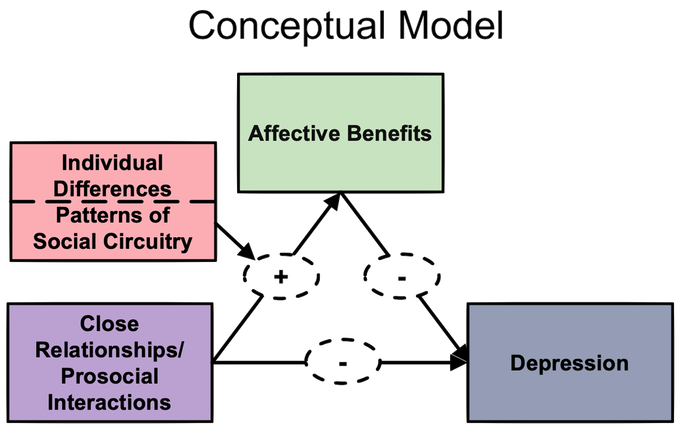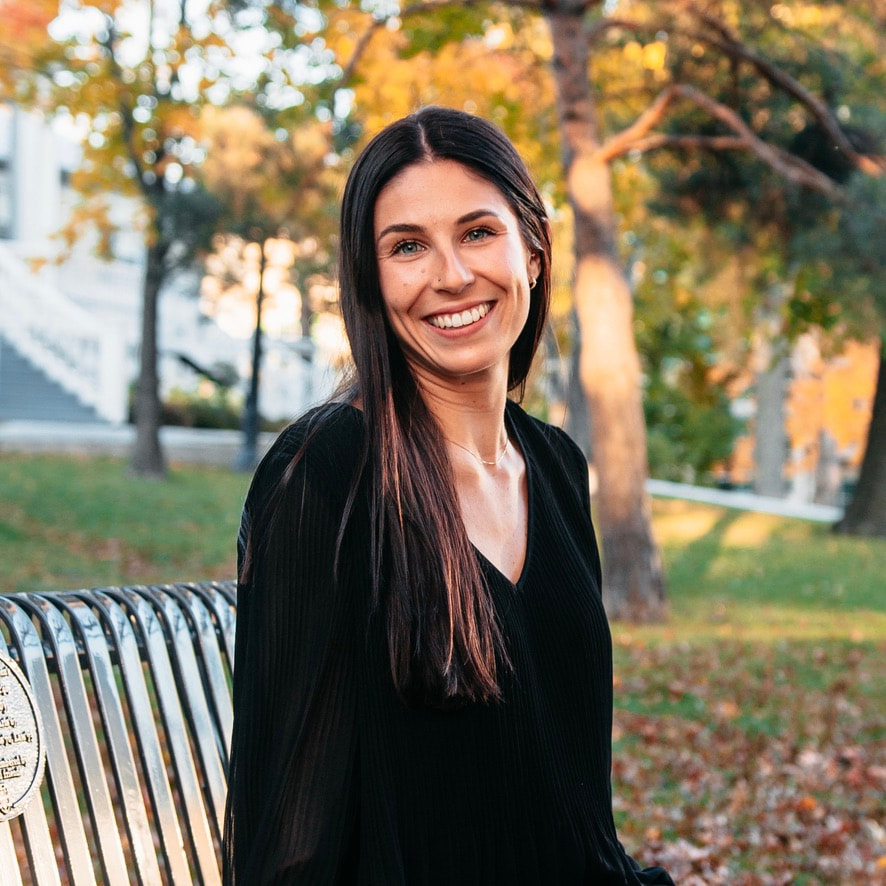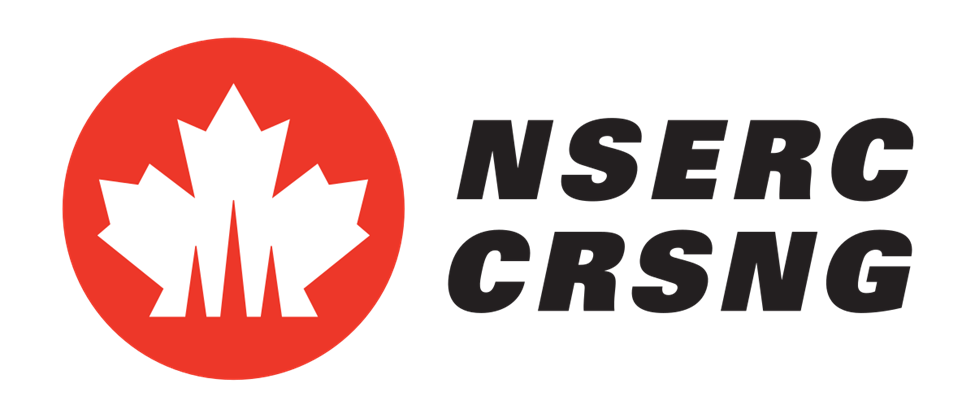Announcements
Congratulations to READY Lab member Stephanie Manuel for successfully defending her master's thesis!!!
The READY Lab graduate students will be presenting posters of their work at the Society for Research in Psychopathology (SRP) in Philadelphia, PA (September 8-11, 2022). Hope to see you there!
Congratulations to READY Lab member Scott McQuain for successfully defending his master's thesis!!!
Congratulations to READY Lab member Julia Davidson for getting an Honorable Mention (Poster - New Results) at the 2022 Society for Affective Science (SAS) Conference!!!
The READY Lab graduate students will be presenting posters of their work at the Society for Research in Psychopathology (SRP) in Philadelphia, PA (September 8-11, 2022). Hope to see you there!
Congratulations to READY Lab member Scott McQuain for successfully defending his master's thesis!!!
Congratulations to READY Lab member Julia Davidson for getting an Honorable Mention (Poster - New Results) at the 2022 Society for Affective Science (SAS) Conference!!!
Our Research
|
Although interpersonal relationships are considered both a protective and risk factor for psychopathology, including depression, the mechanisms are not yet sufficiently understood. To better understand these mechanisms, our work has focused on the following three interrelated lines of clinical and basic research using experimental and naturalistic methods (e.g., fMRI, ecological momentary assessment): (1) the role of interpersonal factors in depression; (2) the cognitive-affective benefits of the social regulation of emotion; and (3) the roles of social and reward neural circuitries in rewarding and supportive social experiences. Further, we have primarily focused on examining these three lines of research in adolescence and emerging adulthood (ages 18-29), as these are periods involving high depression risk, high sensitivity to social stimuli, and continued social and affective development.
|
Meet Our Team Leaders
Graduate Students
Research Staff and Honours Students
Click here to learn more about all READY Lab Team Members!
Current Research Projects
|
Goals Study
Emerging adulthood (ages 18-25) is a developmental period that normatively includes vital life goals, including finding a romantic life partner and obtaining higher education. In order to achieve such large goals, emerging adults begin with striving for smaller daily goals (e.g., attend social gatherings to meet someone to date, study to do well on exams) that scaffold the larger life goals. In this study we are using experience sampling methodology to better understand the roles of interpersonal relationships/interactions, emotions, and personality traits in daily goal striving among first-year university students. This work is supported by funding from the Social Sciences and Humanities Research Council of Canada (SSHRC). |
|
Social and Intrapersonal
Emotion Regulation Studies The majority of emotion regulation research focuses on intrapersonal emotion regulation, but social forms of emotion regulation also play a crucial role in how we manage our emotions. In a series of studies, we are examining how social forms of emotion regulation are distinct from intrapersonal forms in terms of neural circuitry and real-world use and effectiveness. To do so, we are integrating fMRI and experience sampling methods. This work is supported by funding from the Natural Sciences and Engineering Research Council of Canada (NSERC). |
|
National Psychotherapy Training Survey
We are contacting a random sample of training directors across multiple disciplines (i.e., clinical psychology, counseling, psychiatric nurse practitioners, psychiatry, social work) to examine which psychotherapy modalities are being taught and what are perceived barriers training. Training opportunities within these programs have implications for which therapeutic approaches trainees will offer to clients as future clinicians. This is a follow-up to a similar survey that was conducted about 15 years ago by Weissman et al. (2006; Archives of General Psychiatry) to see how psychotherapy training may or may not have changed. |
|
Undergraduate Research Experiences Survey
This survey was conducted in collaboration with the Queen's Psychology Equity, Diversity, and Inclusion (EDI) Committee. We are assessing barriers to participating in undergraduate research experiences in our department. We anticipate that the results of this survey will help improve access to research opportunities, particularly for students from equity deserving groups. |
|
Luis E. Flores Jr.
Assistant Professor Director, READY Lab Department of Psychology Centre for Neuroscience Studies Queen's University, Kingston B.A., University of California, Berkeley, 2007 Ph.D., University of Illinois, Urbana-Champaign, 2015 Clinical Psychology Internship, Western Psychiatric Institute and Clinic of UPMC, Pittsburgh, PA, 2015 C. Psych., College of Psychologists of Ontario E: [email protected] |












